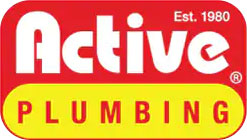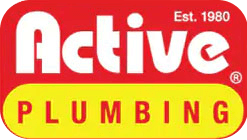HOW TO STOP COPPER PIPE CORROSION
Copper is one of the most popular material used in plumbing systems due to its ease of use, resistance to corrosion and permeation by liquids and gases – which may lead to contamination. As a matter of fact, copper piping has been present in domestic water supply for more than 50 years.
However, copper water piping does not last forever. It is actually projected to last for 20-25 years, although failure may take place in as little as two years because of water chemistry. Changes in water chemistry, which is not the same as water quality, may trigger the water to become aggressive towards the copper piping.
CAUSES OF COPPER PIPE CORROSION
There are a lot of factors that can affect the rate of corrosion happening in piping systems. Depending on the degree of these factors, a new piping system can manifest indications of corrosion in as little as two years after installation. This, however, does not mean that the quality of the water being delivered is poor. In fact, in the Pacific Northwest region of the United States and Canada, the source water quality is arguably one of the best drinking water in the world. However, that water has a very corrosive effect on piping systems.
The rate of corrosion depends on the following factors:
- the pH of the water
- the amount of oxygen in the water
- the chemical composition of the water
- the amount of galvanic corrosion from the use of dissimilar metals contained in or in contact with the piping system
- the temperature of the water
- the velocity/pressure of the water in the pipe
PREVENTING COPPER PIPE CORROSION
To prevent corrosion, make sure that you have your water tested for pH value. If the pH value does not fall between 7.0 and 8.4., think about installing a calcite neutraliser tank or a soda ash feeder to increase the pH and subsequently, the alkalinity in the water. Another method is to install a phosphate feeder in the area before the copper piping. The phosphate will cover the interior surfaces of the piping and result in the creation of an insulated surface, thereby reducing or slowing down the effects of corrosion.
You can also use some kind of grease, like a layer of Vaseline, over the copper. This is not recommended for all copper objects, but for copper pipes in the basement, for instance, it can be a sound solution. Ensure that you cover all the pipe with grease so you have an airtight coating over the metal. This will not only prevent corrosion happening, it will also keep the metal shiny. Make sure to also have your pipes inspected by professional plumbers such as Active Plumbing regularly.

